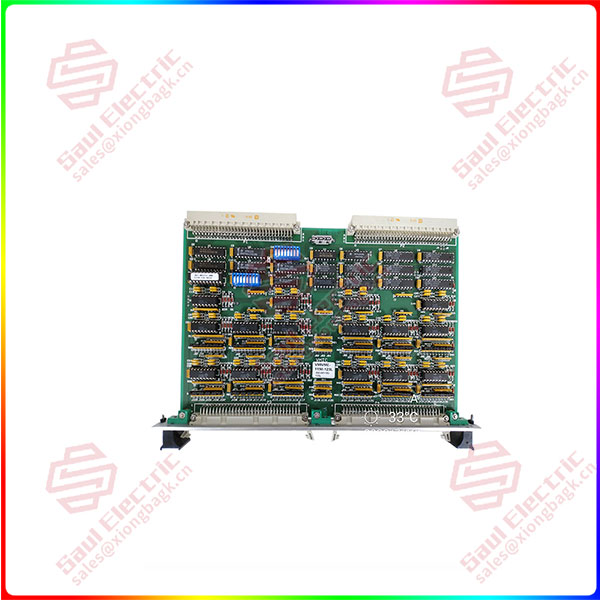Characteristics of industrial operating systems
After fully understanding, understanding, and in-depth sorting out the digital needs of enterprises, Lanzhuo launched the first industrial operating system with independent intellectual property rights – supOS in 2018. In our architecture, the industrial operating system is a “link” common platform, if a factory as a mobile phone, for each factory installed intelligent operating system, management of every hardware in the factory, production factors, just like Android or iOS management of mobile phone chips and other elements; The large vertical chimney software in the original factory has become an APP on the intelligent operating system, and apps from different manufacturers can operate on a unified platform to achieve the new model of OS+APP smart factory.
We believe that an industrial operating system that meets the needs of modern industrial development needs to have the following characteristics:
1) For the integration of full information of the factory, which can effectively integrate the production, management and operation data of the factory. The traditional factory DCS, MES, ERP and other systems pyramid data transmission mode, (add: not only the data in the system, but also equipment data, video surveillance, temperature and humidity and other heterogeneous system data) reply: Here is talking about the pyramid data transfer mode, not the index data structure, the heterogeneous system in the second article into a “flat” structure, to achieve the interconnection and optimization control between the basic automation systems, and really play the synergistic, optimization and amplification role of industrial enterprises in the factory automation level system. It provides basic core support for the efficient operation of “safe, stable, long, full, excellent and intelligent” of the factory.

VMIVME-1150-123L
2) As a general connector of the factory, it is compatible with all kinds of mainstream industrial protocols, and can realize the full integration and standardized management of industrial data, such as data standardization and operation period management of object information model, multi-data preprocessing, storage, compression processing, providing real-time and historical data query services, computing resource management and service governance, and business flow construction. Provide a rapid data analysis and construction platform for information fusion and multi-data mixing.
3) Provide a configurable APP development environment, with algorithm modules and display templates required for data analysis and mining, support DIY interface, users can complete the production of reports and the landing of business processes by dragging and dropping the mouse, and support users to quickly design and develop simple industrial apps.
4) Provide intelligent engine services, support mainstream algorithms such as cluster analysis, regression analysis, decision trees, random forests, naive Bayes, genetic algorithms, deep learning, neural networks, etc., and provide industry-oriented mechanism models, knowledge graphs, etc., comprehensively improve the flexibility of intelligent applications, and reduce the threshold and difficulty of big data and artificial intelligence applications.
5) Provide platform open service, development tool set, development kit, interface and certification release service, easy to use. With a complete and comprehensive industrial APP store and developer center, it technically supports the development of ecological partners and can prosper the ecosystem of industrial Internet applications.
6) Provide security and controllable layered multi-point information security protection, support deep defense security, and distribute security protection capabilities in each layer of the platform architecture. Realize access control, data partition isolation, communication security encryption, intrusion detection and other information security protection functions.
 1 Year Warranty
1 Year Warranty





